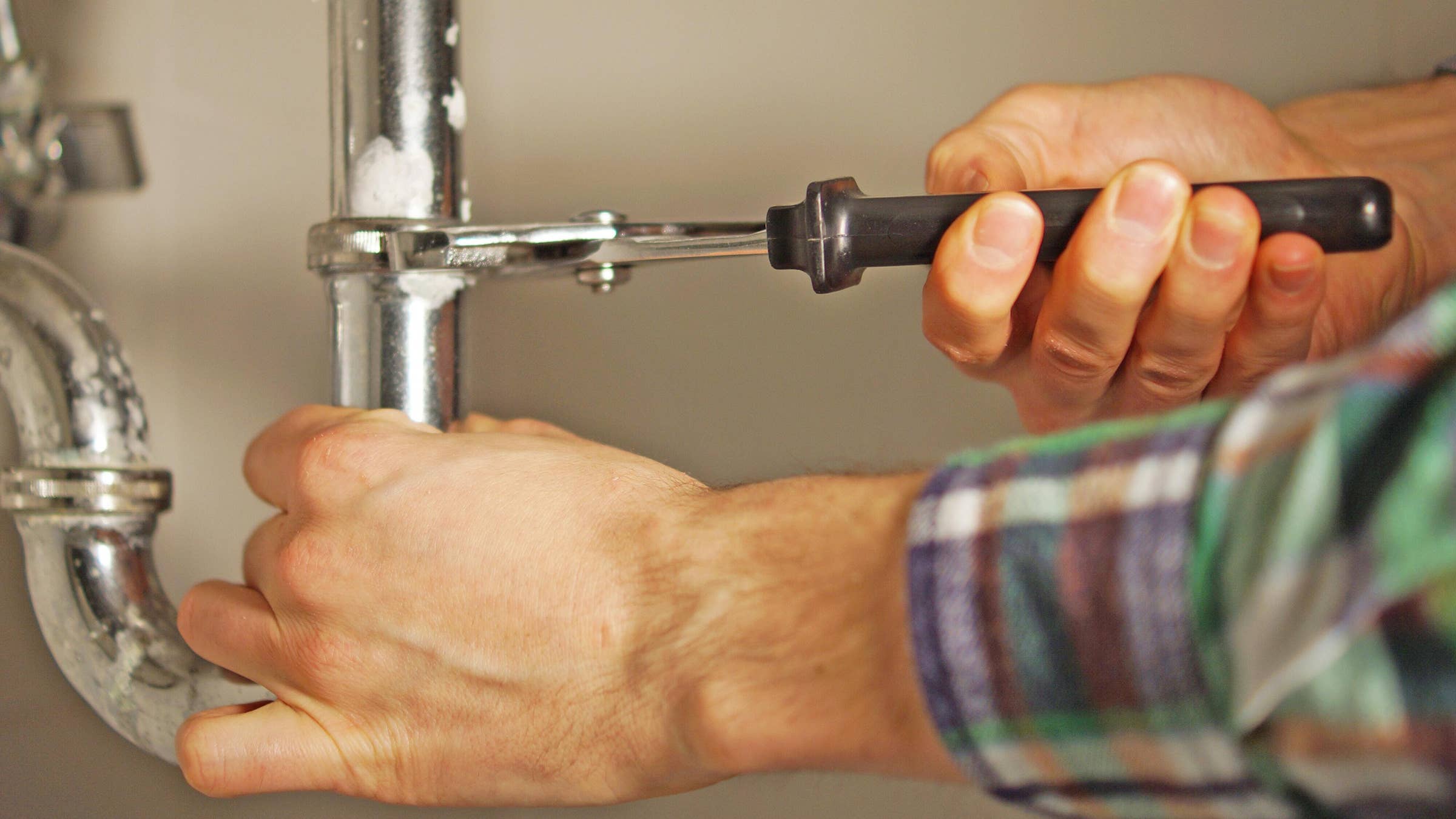Tips On How To Make More Money From Your Blog
Many people find home plumbing necessary, but a bit daunting. The following advice can help you feel more confident about working on your plumbing on your own.
If you are paying someone else to do the plumbing in your home be sure that they are licensed in your state to do that work. Some people who have little or no knowledge of plumbing will try to pass themselves off as a pro. So you can see the importance of checking to see if your plumber is licensed. You should also see if you can find positive testimonials about the plumbers work.
Don't pay a plumber until the job is completed. A plumber may require some money upfront, but it's wise to wait until the job is completely done before giving him the entire payment. Many things can happen between the stop and end of a job, so to be safe wait until you are satisfied with the completed work before paying.
You can check your toilet for leaks by adding a few drops of food coloring, Kool Aid or some coffee grounds to the water in the toilet's tank (not the water in the bowl). Check the water in the bowl after a half hour or so. If any of the coloring agent is visible in the water in the bowl, the tank is leaking, and you will have to have it repaired.
If your water is coming out black, then most likely you have an iron and magnesium issue to your water. You need to contact a water softener company, and get them to come out and assess your water. They will be able to fix the problem by adding a water softener.
You should drain all of the water out of the tank of your hot water heater at least once every three to six months. Draining all of the water out of the tank helps to prevent sediment build-up at the bottom of the tank. This sediment can cause the tank to bang or to heat less efficiently.
One of the things that you can do to safeguard your home from any serious plumbing issues is to install a flood alarm. This is a device that will sound when it comes in contact with water, alerting you if there are any issues in a particular area in the house.
In any DIY plumbing project, make sure that you always test the drains and the supply lines before you close up the walls. It is a lot easier to find and solve problems if you look for them while you are still in the process of actively doing the job.
To make sure there is no accident or sudden rush of water when you tackle a plumbing project, make sure you are ready for a cleanup. If you go into the work with a huge stack of towels and blankets ready to absorb water, the prospect of needing to actually do it will keep you alert enough to avoid triggering the accident in the first place.
To prevent pipe banging when you turn on the water, think about rubber blankets or straps. Instead of assuming the pipes need replaced, consider anchoring them or buffering them. If your pipes are plastic, leave them some room for expansion and contraction. If pipes do not leak but just make noise, eliminate the noise.
Look online for reviews of the plumbing contractor you are thinking of hiring. If people are not satisfied with the work that the plumber preforms, many times they will go on the internet and post negative reviews. If they are happy with the plumber they will also post positive reviews.
During the winter months, your water heater works the hardest. To keep it in optimum condition, flush it out before winter arrives. Flushing the system helps remove the sediment buildup, which causes internal corrosion of your water heater, shortens its lifespan, and reduces heating efficiency. Connect a hose to the faucet near the bottom of the tank and drain several gallons by directing the water into a nearby drain.
Keep an eye on your monthly water bill to catch plumbing problems. Has your water bill gone up recently, even though nothing's changed? This could indicate a water leak or appliance problem somewhere inside or outside of your home. Check under sinks for rusted pipes, look for water puddles under outside faucets, and consider having a plumber come out to listen to your pipes to detect running water.
If the water is not going into your dishwasher, the first thing you should do is shit off the water under the sink. Chances are that you have some kind of blockage, and keeping the water turned on could actually create a bigger problem. To fix the blockage, you may need to call a plumber.
As you can see, plumbing isn't so scary when you know what to do. Follow the tips you've read here next time you have a problem with your plumbing, and soon your problem will be solved, all without having to call an expensive plumber to fix the problem for you.

